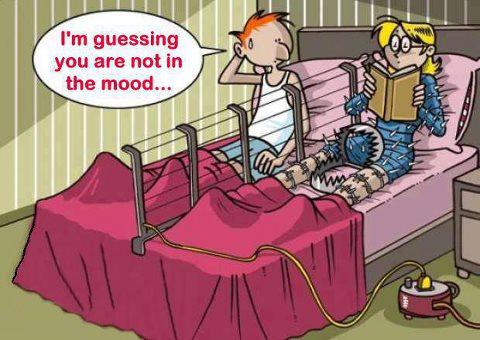
Sex is supposed to be this magical wonderful thing. Most of the time it is except for when it isn’t. Sex can also be extremely and for some women unbearably painful. Dyspareunia is the medical term for painful or difficult intercourse. There are a number of reasons that can lead to painful intercourse. As with any other issue some are easily resolved others require medical diagnosis and treatment. If you experience pain on a consistent basis or suddenly have new pain with intercourse,I highly recommend you consult a physician. Some of the more common causes of painful intercourse are:
- Infection or vaginal irritation
- Inflammation
- Endometriosis
- Fibroids
- Vaginismus, involuntary muscle spasms that can make penetration difficult and causes painful sex. #vaginatips
- Psychological factors can also lead to painful intercourse, such a as a history of sexual assault or abuse #vaginatips
- lack of lubrication
- Pre-menopausal Women
- Menopausal Women
- Women taking birth control
- Women taking anti-depressant or other psychoactive drugs
Painful intercourse is commonly associated with menopause because when a woman’s estrogen levels drop it affects. vaginal tissues and secretions(moisture). Even though painful intercourse is often associated with menopause there are thousands of women for whom intercourse has never not been painful. Dyspareunia is also form of sexual dysfunction. Pain just prior to, during, or after sex are considered to fall within this diagnosis/term. On occasion new painful intercourse can also be an indicator of changes in the cervix which left un-diagnosed/untreated can lead to Cancer. If your symptoms happen to be the result of an infection; if left untreated STI’s lead to infertility and many other life long complications. Only a medical professional can diagnose you and advise of the treatment options available so again it is advisable that you seek medical care . Thanks for reading, make sure to sign up for newsletter and let us help you keep that #kittyonfleek
Does your kitty stay on fleek? Let the whole world know you keep it popping with our new #kittyonfleek crop top. Order yours today!!


